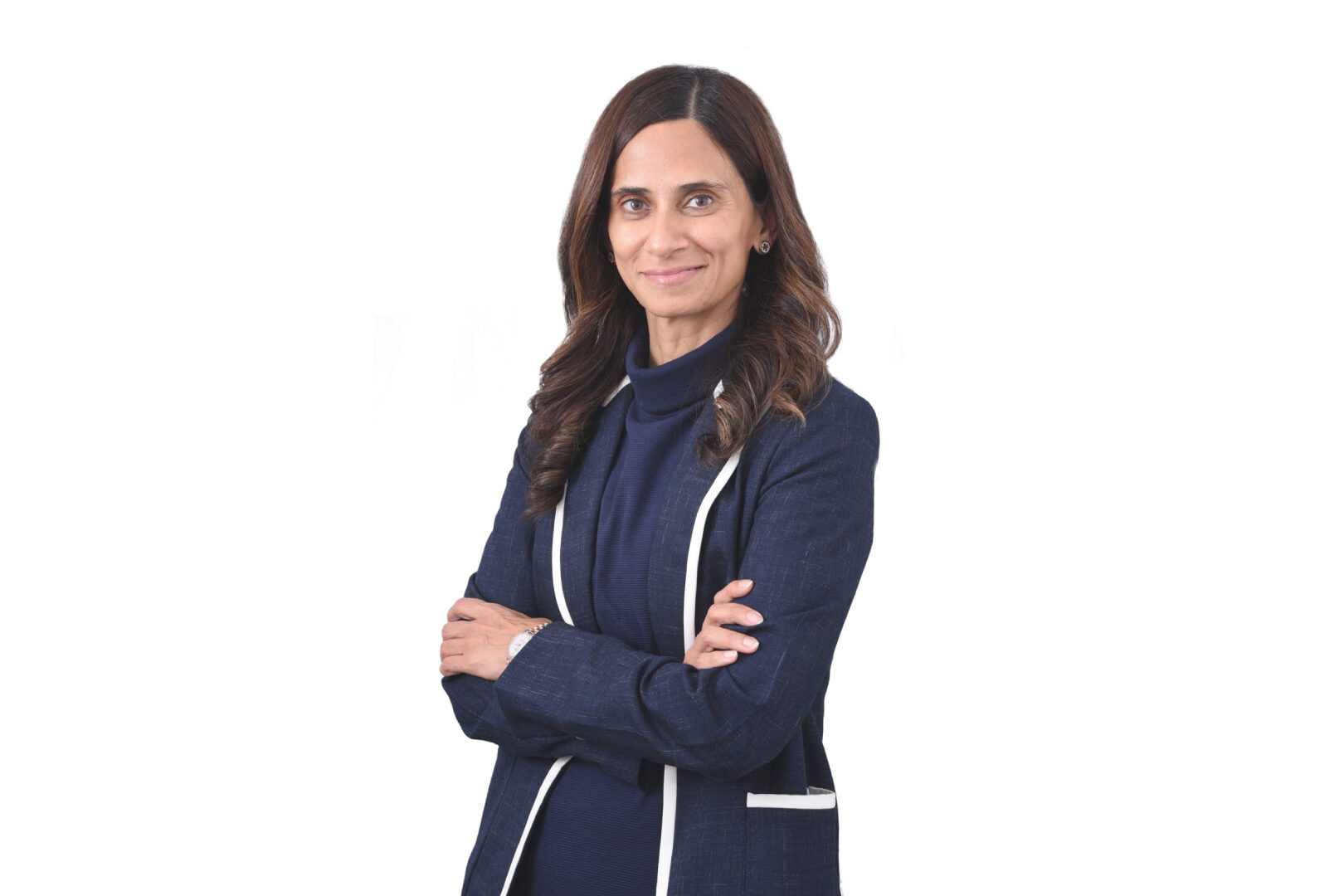
The Longevity Hub. Dr Rahat Ghazanfar: Adding Life to Years, Not Just Years to Life
For me, living longer is not just about adding years, but about ensuring those years are healthy, purposeful, and independent. At the intersection of oncology, metabolic health, and longevity, I see that true value lies in healthspan, maintaining vitality, clarity, and resilience rather than lifespan alone. The goal is to extend the years we feel alive, not just the number of years we are alive.
Working with cancer survivors has profoundly shaped my view of human lifespan potential. Survivors often teach us that longevity is not just about delaying death but about rebuilding health, resilience, and meaning after adversity. I have seen people who, after facing cancer, become healthier and more intentional about their lives than ever before. It reinforces my belief that with the right interventions such as lifestyle changes, metabolic optimization, and supportive care, we can not only extend lifespan but also dramatically improve the quality of those added years.
In the next decade, I expect major progress in senolytics to clear aging cells, gene therapies that enhance repair and resilience, and drug combinations that slow biological aging. Advances in epigenetic clocks and AI will also make it possible to measure and personalize interventions with far greater precision. And while these technologies evolve, scaling accessible tools like wearables and diagnostics will bring longevity medicine into everyday practice , extending not just lifespan, but healthspan.
All three play a role, but I see the greatest promise in integrating them. Genetics gives us the blueprint, nutrition and metabolic health provide the levers we can modify daily, and together they allow us to personalize prevention and treatment. By optimizing metabolic pathways and tailoring nutrition based on genetic insights, we can delay disease onset and meaningfully extend both lifespan and healthspan.
I believe we will see early, measurable reversals of biological age within the next decade. Advances in epigenetic reprogramming, senolytics, and metabolic interventions already show proof of concept in humans. The challenge will be making these therapies safe, scalable, and accessible but the science is moving fast enough that age reversal will likely shift from theory to clinical reality.
Metabolic health is central to slowing aging. Poor glucose control, insulin resistance, and visceral fat accelerate almost every age-related disease. The most impactful interventions people can adopt now are consistent exercise, prioritizing protein and whole foods, maintaining a healthy weight, good sleep, and stress management. These core habits remain the strongest tools we have to extend healthspan today.
Absolutely. Lifestyle habits are like compound interest for your health, the earlier and more consistently you invest in exercise, nutrition, sleep, and stress management, the greater the return over time. Even small, daily choices accumulate into decades of resilience, slowing biological aging and lowering disease risk.
Obesity and metabolic syndrome accelerate biological aging by driving inflammation, insulin resistance, and cardiovascular risk. They can shorten lifespan by a decade or more. The good news is that early intervention through weight loss, exercise, and dietary change can, in many cases, ‘reset the clock,’ improving metabolic flexibility and reversing disease risk trajectories.
The UAE is positioning itself as a global hub for longevity by combining bold investment with innovation. With initiatives like the Emirati Genome Programme, the HELM life-sciences cluster, and the launch of The Longevity Clinic at Sheikh Shakhbout Medical City, the country is building the infrastructure and clinical expertise to translate science into real-world healthspan gains. I see the UAE emerging as a regional leader and a serious global player in longevity medicine.
Yes, culture plays a major role in longevity. In the Middle East, strong family and social ties, a tradition of hospitality, and spiritual practices like prayer can be protective for mental health and resilience. On the other hand, rapid urbanization, sedentary lifestyles, and diets high in refined carbohydrates pose significant challenges. Harnessing the strengths of culture while addressing these modern risks is key to improving longevity in the region.
That’s a critical question. Many longevity treatments begin in boutique clinics, but for true impact they must be scalable and accessible. The way forward is through rigorous evidence, integration into mainstream healthcare, and partnerships with insurers and employers so that prevention and healthspan optimization are seen not as luxuries, but as essential, cost-saving parts of healthcare.
Yes, extending lifespan brings ethical challenges. Socially, we need to ensure longer lives are meaningful, not just prolonged. Economically, we must prevent longevity care from widening inequality between those who can afford it and those who cannot. And environmentally, a larger, longer-living population raises sustainability concerns. The key is to balance scientific progress with policies that ensure equity, purpose, and responsibility. For me, longevity is not about chasing immortality, it’s about giving people more healthy, purposeful years. I envision a future where extending healthspan is not a privilege, but a standard part of healthcare, accessible to everyone. If we can align science, culture, and policy, we won’t just add years to life, we will add life to years and that, ultimately, is the real promise of longevity.



